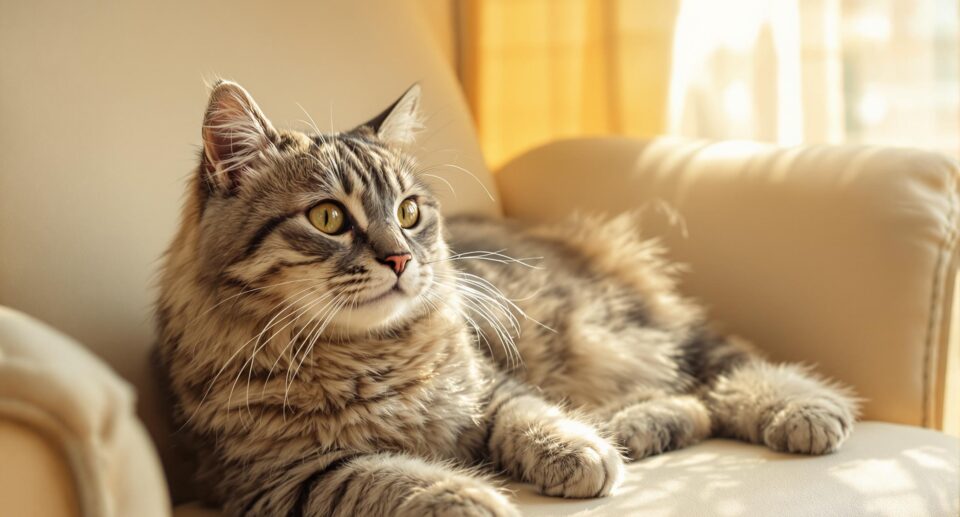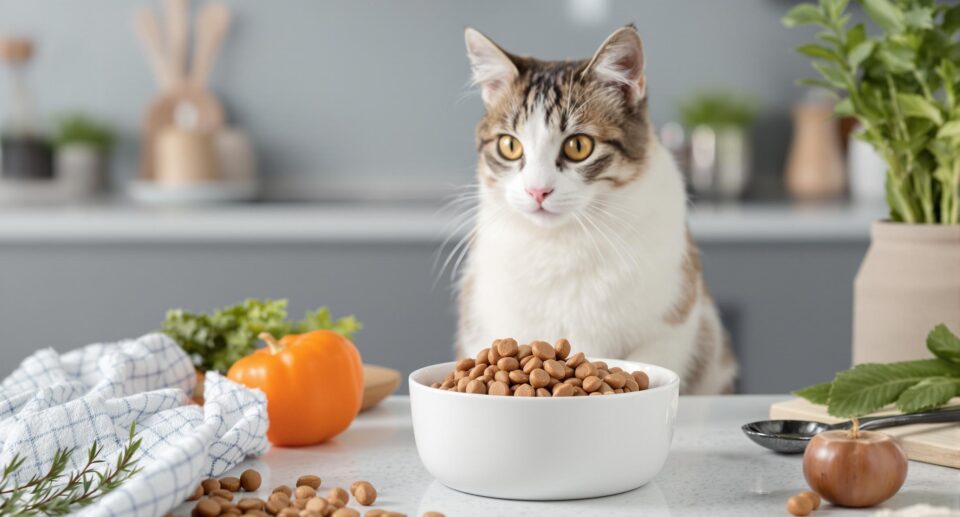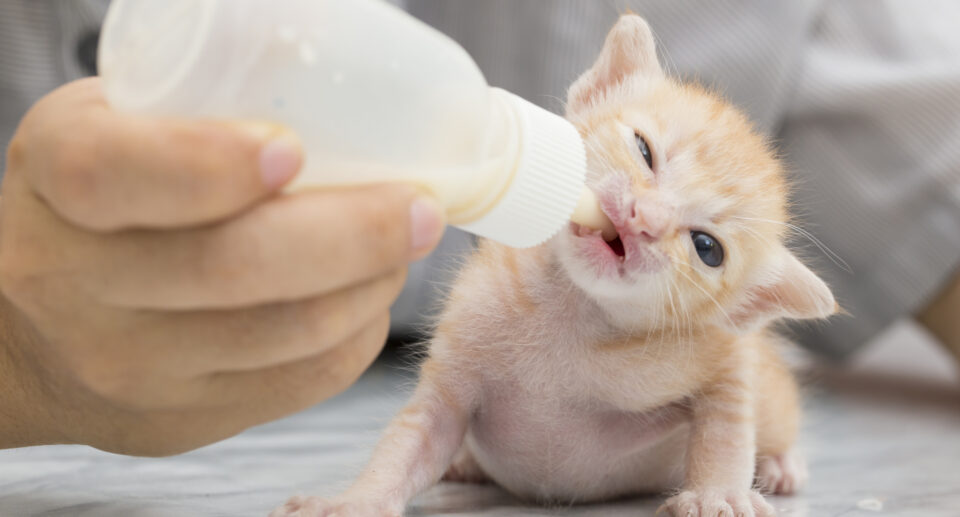How Long Does A Cat Live?

Do you ever look at your sweet kitten and wonder if they’ll be around for your wedding? What about the birth of your first child? Your third?
With regular vet visits, loving care, and a bit of luck, your cat can live well into their late teens, and may even make it to 20 years old and beyond.
The oldest cat ever recorded by Guinness World Records was a cat named Creme Puff, who lived to be just over 38 years old. Who knows, your cat just might be the very first to make it to the big 4-0.
Common Reasons Cats Die Prematurely
While an indoor cat may live up to two decades, an outdoor cat lives an average of just 2-5 years.
There are risks to an outdoor cat’s life everywhere they turn. Getting hit by a car, picking up diseases from other cats, getting hurt or poisoned by abusive humans, and getting attacked by other animals are just a few of the factors that shorten the lives of outdoor cats.
Even indoor cats can have their life shortened by preventable causes. Most cats over age 3 have some evidence of periodontal disease. Not only does poor dental hygiene lead to bad breath, tooth decay, and tooth loss, it also causes bacteria to spread to the kidney, liver, and heart. You can use a pet toothpaste or other products to care for your cat’s teeth at home and talk to your vet about routine professional dental cleaning.
How To Help Your Cat Live Longer
Start with a high quality cat food to nourish your cat each day. A canned or wet food is best because most cats do not drink enough water, and though it can be tough to transition your cat from dry kibble to canned food, the added moisture prevents chronic kidney disease, kidney stones, and UTIs.
Cats can (and should!) have fresh food toppers to help supply high quality protein and antioxidants.
Your cat will love fresh chicken, beef, fish, and eggs as treats, and they’re wonderful sources of protein.
If you decide raw or cooked fresh food as your cat’s main diet, be sure to feed a complete, balanced premade diet or get a balanced homemade raw or cooked recipe from a veterinary nutritionist.
Add cancer fighting foods like berries and leafy greens to prevent disease. Pureeing those foods can make them more palatable to picky kitties, with the added bonus of breaking down the fiber to make them more digestible so those nutrients are easier for your cat’s body to utilize.
Add fish oil for a source of omega-3 fatty acids to help support your cat’s immune system, their heart and kidneys, joint health, and skin and coat condition.





